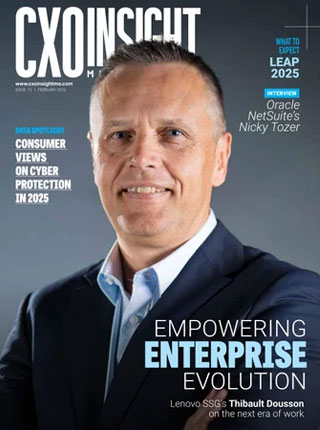Nokia today announced that it is joining Orange in an initiative in Egypt under the UNIDO-run Switch to Circular Economy Value Chains initiative, co-funded by the European Union and the Government of Finland. Egypt has set ambitious targets to improve waste management systems, including for e-waste, listed in Egypt Vision 2030. These involve increasing the overall waste collection coverage and efficiency, with an objective of 80% and 90%, respectively, by 2030. The plans also include increasing the recycling rate to 25% by the year 2030, as well as ensuring 100% safe disposal of hazardous waste.
The initiative will encourage the adoption of circular economy practices in Egypt by engaging citizens and advocating behavioral change towards recycling and circularity. Through formalised e-waste collection and increased lifespan of products, this is expected to have positive impacts on the environment and therefore lead to carbon footprint reduction. Local technicians will be recruited and trained, vocational certification training programmes will be introduced, and new practices that promote circular transitions in the electronics sector will be implemented, including where possible with the informal sector.
The new centre is planned to provide repair and support services for Nokia’s 5G and legacy telecoms network equipment. Nokia’s support of the initiative underscores its broader investment in and commitment to circularity with longstanding practices in place including the Circular Products and Services team who take on the collecting, refurbishing, reusing, selling and recycling of telecom equipment during network upgrades or expansions.
Nokia looks at circularity from two perspectives: firstly, how to increase the usage of non-virgin materials in the creation of new products, and secondly, how to ensure maximum circularity of Nokia’s operational value chain. Connected to this, is Nokia’s 2030 target for a 95% circularity rate for waste from Nokia’s offices, labs, manufacturing, installation and product takeback by 2030. The purpose of the new target is to improve waste management so that disposal to landfill is minimised. For this reason, working with Orange and its partners in the UNIDO-run Switch to Circular Economy Value Chains initiative is important. The overall objective of the project is to support “A just transition to an inclusive climate neutral and circular economy”, including to contribute to sustainable growth, low carbon and climate resilient development, decent jobs creation, and safer, healthier and pollution-free environment.










Discussion about this post